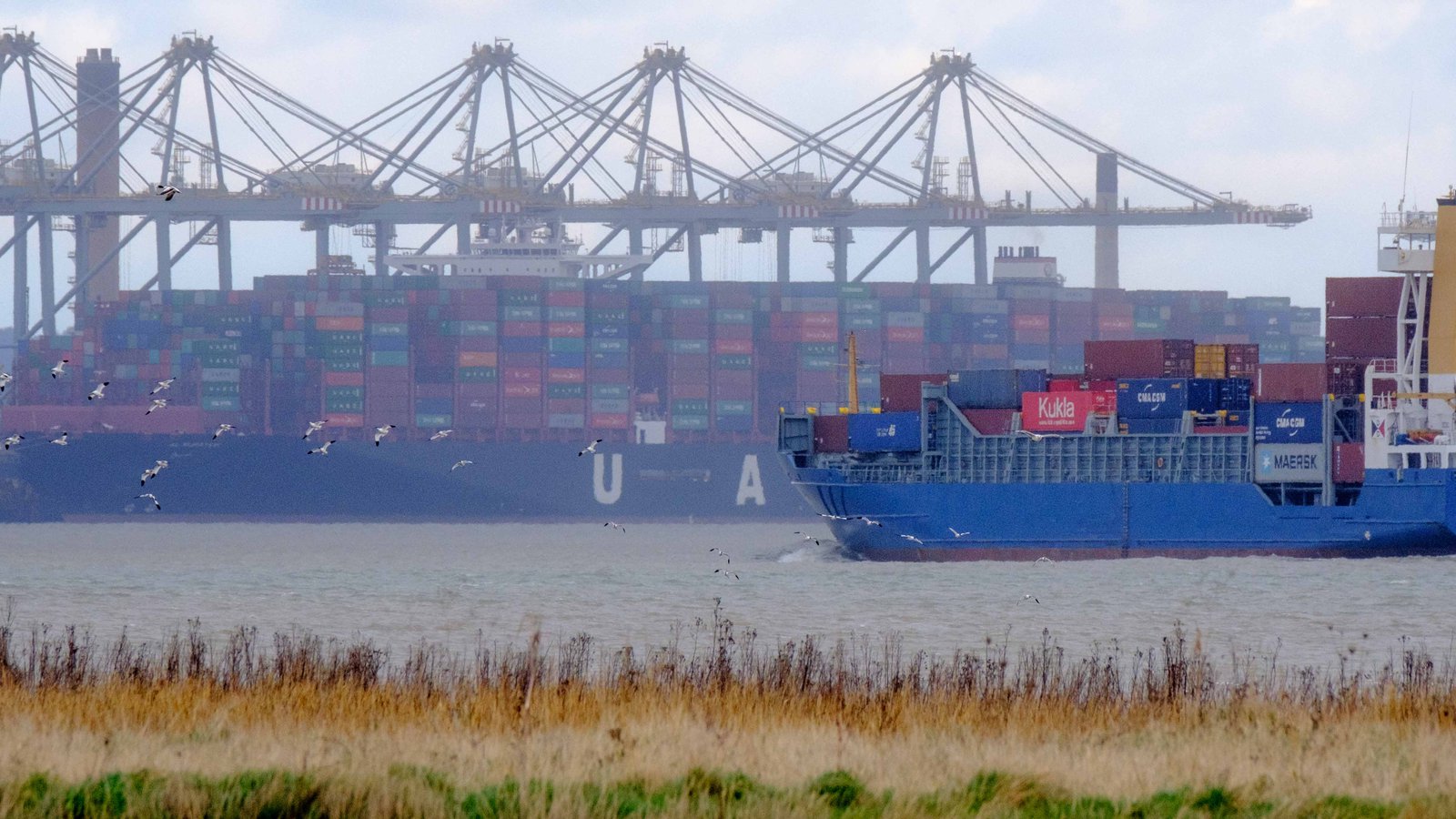Blog: Reflecting on the sea – London International Shipping Week

We are a trading nation. We are a maritime nation. The genesis of our trading heritage was on the Thames. Here the Ancient Britons identified deep water, close to a shallow river ford, which was ideal for landing goods.
This location is close to where London Bridge stands today. From there the Port of London grew to become the largest port in the world and ports around our coast thrived too as we established ourselves as a proud trading nation.
It’s a tradition that has never been more important. We are one of the world’s largest economies and trading is at its heart. As an island nation, 95% of our trade is moved by ship. That’s JCBs and Minis for export, alongside imports of consumer goods, diesel, sugar, and paper.
As we draw Shipping Week to a close, it’s vital that we reflect on the maritime strength we’ve showcased. While we are a port authority, it’s about much more than trade. Within a mile or so of London Bridge there are experts ready to insure a ship, charter a ship, bunker it, broker it, fix cargoes for it. And across the UK we have marine strength in depth, including global hubs in ship classification, ship registration, experts in ship design and extremely capable ship yards too.
Much of that expertise grew from Lloyd's Coffee House which opened on Tower Street around 1688. A popular haunt for sailors, merchants and shipowners, it was the place to catch up on the shipping news and from there grew the Lloyd’s insurance market.
From this diverse capability comes economic growth. Maritime UK statistics show that the UK maritime sector as a whole directly supports just over £40 billion in business turnover, £14.5 billion in Gross Value Added and 185,700 jobs for UK employees.
Our successful economy relies on smooth, efficient trade and successful maritime sector relies on innovation and investment.
As an industry we are investing. In the UK we have global hubs of maritime expertise like Lloyd’s Register’s Global Technology Centre in Southampton, new cargo handling terminals and jetties like London Gateway and extensions to the Port of Tilbury. New vessels are coming too. CLdN has new, larger vessels arriving later this year to serve an expected expansion in Zeebrugge / UK trade. MBNA Thames Clippers has just received two new fast ferries worth more than £6 million, direct from the Isle of Wight shipyard where they were built.
This continuing investment underlines the strength of what UK Maritime PLC has to offer.
At the Port of London Authority we marked Shipping Week where our maritime traditions grew, on the Thames, showcasing to a group of delegates the facilities that offer trade links to more than 80 countries on every continent.
That trip underlined what we are. We are a trading nation. We are a maritime nation. It’s our heritage, it’s what we are today and it’s what we will be in the future.
Robin Mortimer is Chief Executive of the Port of London Authority
